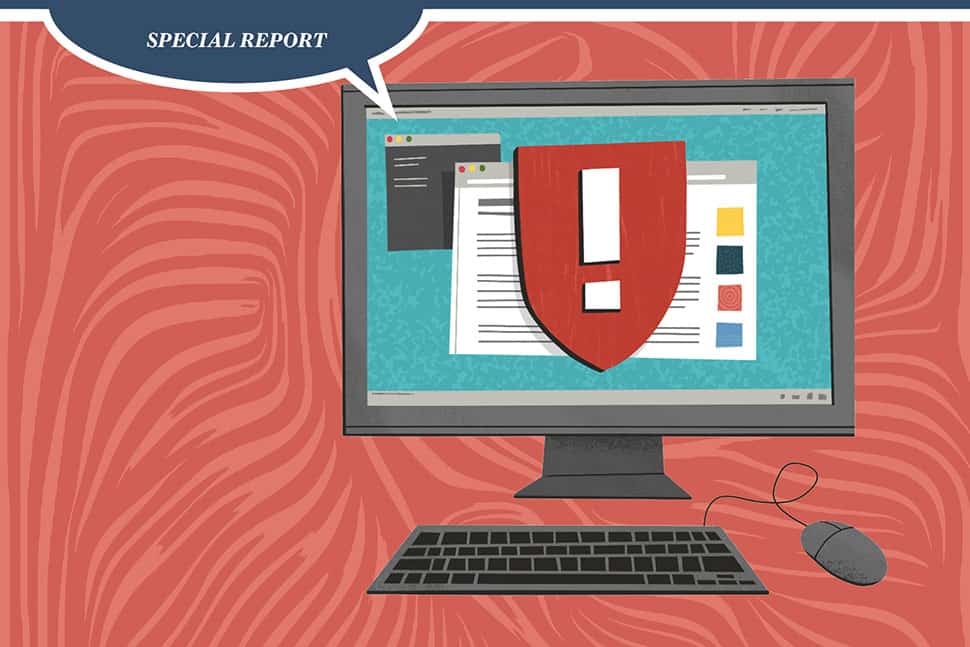
Stopping the Spread
June 2, 2025Misinformation: It seems to be everywhere, is getting increasingly sophisticated, and can have dangerous consequences. So how do librarians adapt their instruction to keep patrons from falling for false claims? In 2022, researchers at University of Washington’s (UW) Information School and Center for an Informed Public in Seattle released the first in a set of … Continue reading Stopping the Spread











